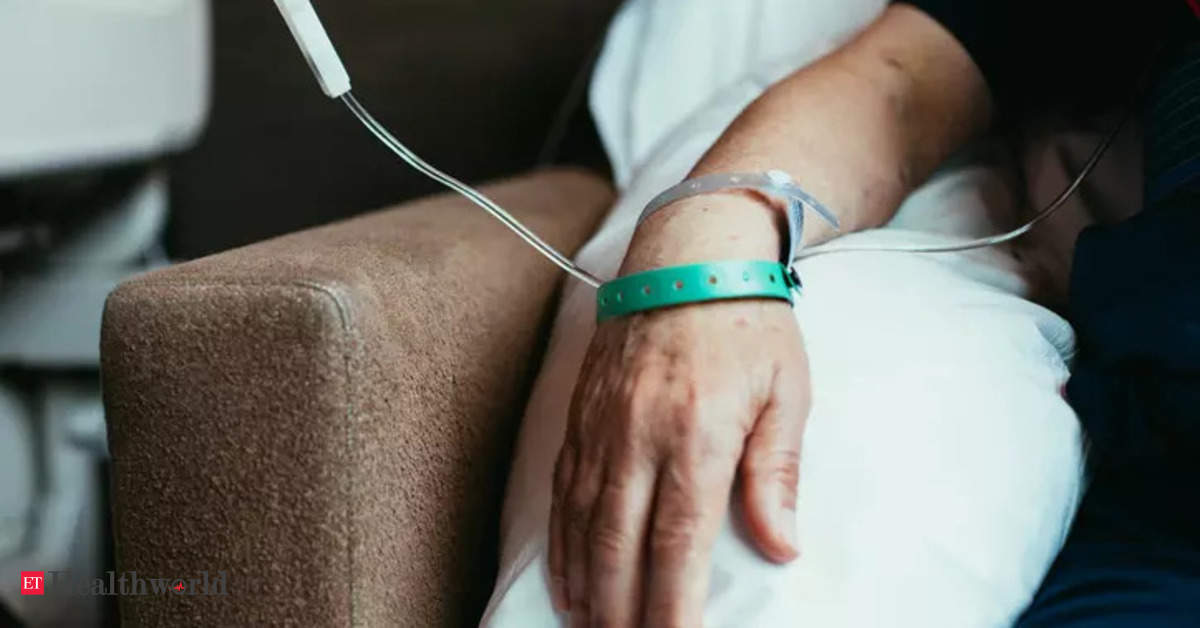Study suggests how tumour cells become resistant to chemotherapy, Health News, ET HealthWorld

Exclusive
Study suggests how tumour cells become resistant to chemotherapy
Understanding why some tumour cells develop resistance to chemotherapy is a crucial issue in cancer research because it remains the main treatment for the majority of tumours.
ANI
March 12, 2023, 18:30 IST
Sydney: A new weapon in the arsenal of cancer cells' treatment resistance, according to a study conducted by the Garvan Institute of Medical Research, is the ability for them to respond randomly to chemotherapy.
Understanding why some tumour cells develop resistance to chemotherapy is a crucial issue in cancer research because it remains the main treatment for the majority of tumours.
The new research shows that tumour cells from neuroblastoma - cancer that develops in the body's 'fight or flight' sympathetic nervous system - can move between states of responding, or not, to chemotherapy.
"We showed there is 'noise' in the process of cell death, which is what happens to cancer cells with chemotherapy treatment - and that this inherent noise, or randomness, in the system of gene expression is an important aspect of chemoresistance," says Associate Professor David Croucher, Head of the Network Biology Lab at Garvan.
About 15% of people with neuroblastoma don't respond to chemotherapy treatment.
"Our findings suggest that genetics don't account for everything; other layers of regulation and other mechanisms of tumour progression can also underpin drug response, so we need to consider them," said Dr Sharissa Latham, co-lead author on the study.
The team showed that once neuroblastoma cells reach a state of resisting chemotherapy, they can't go back, suggesting there is a small window where treatment could work on a tumour cell before it's locked in.
"Combining chemotherapy with drugs that target this noise within tumours may have the best results as a first-line treatment after diagnosis, before tumours lock into a state of resistance," said Associate Professor Croucher. This flips on its head the typical protocol for clinical trials in cancer where a new treatment is given to patients who have exhausted all other treatment options.
Follow and connect with us on Twitter, Facebook, Linkedin,
Sunday, March 12, 2023 at 1:00 pm